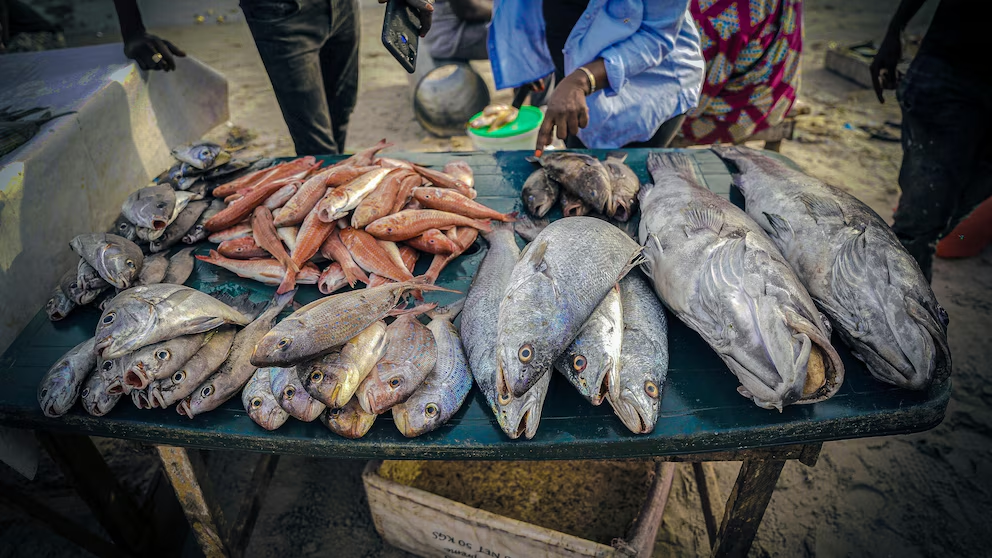The Environmental Justice Foundation (EJF) has reported a surge in irregular migration from Senegal to the Spanish islands—especially among fishermen who are losing their livelihoods due to a severe decline in fish populations along the West African coast.
According to the London-based environmental and human rights group, the crisis is largely driven by foreign vessels engaged in illegal and overfishing activities. These practices are depleting marine resources, pushing fish stocks toward extinction and threatening the survival of Senegal’s fishing sector, which employs approximately 3% of the national workforce.
Reports indicate that the group found 57% of fish stocks in Senegal are in a “state of collapse,” with foreign vessels playing a significant role in declining numbers. Its analysis showed 43.7% of licensed vessels in Senegal are foreign-controlled, predominantly of Spanish and Chinese origin. As fish populations dwindle, local fishermen are facing a difficulty in gaining income, and many have turned to migration as a last resort.
The group also spoke with Karim Sall, President of AGIRE, a Senegalese organization working in the Joal-Fadiouth marine protected area.. “I get so angry when (foreign nations) complain about immigration because they are the real pirates and what they did is worse than clandestine immigration. It’s theft, plundering our resources to feed their own inhabitants while we suffer,” Sall strongly condemned the role of foreign nations in exploiting Senegal’s marine resources,
While exact figures aren’t known due to a lack of information on departures from West Africa, Senegal is one of the top three nationalities of arrivals to the Spanish islands. The Atlantic route from West Africa to the Canary Islands is one of the deadliest in the world. The Spanish migrant rights group Walking Borders estimates the victims were in the thousands last year. Migrants and former fishermen in the Canary Islands told the Environmental Justice Foundation that the treacherous journey to Spain was a last resort, a way to provide for families when fishing in Senegal could no longer put food on the table.




















